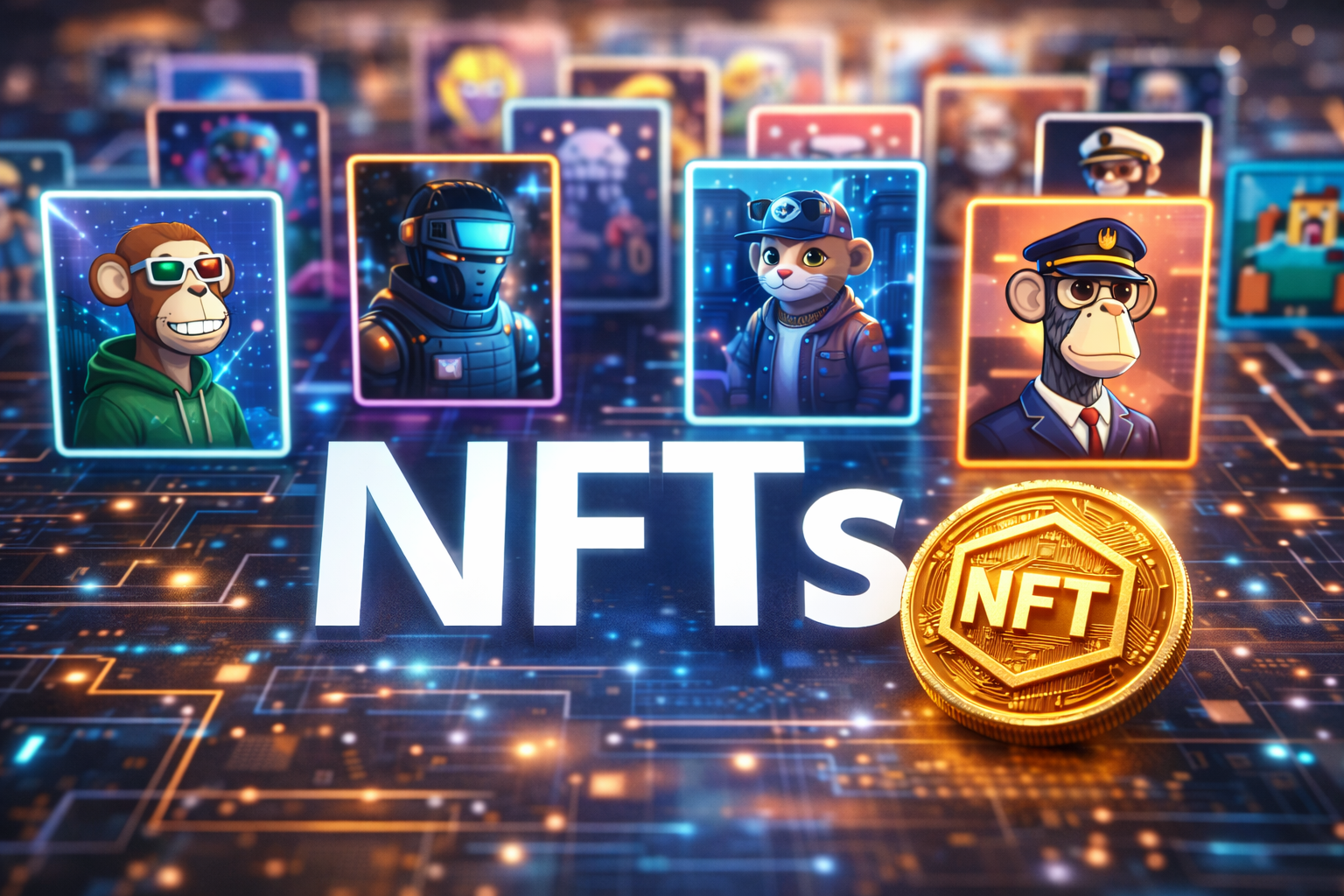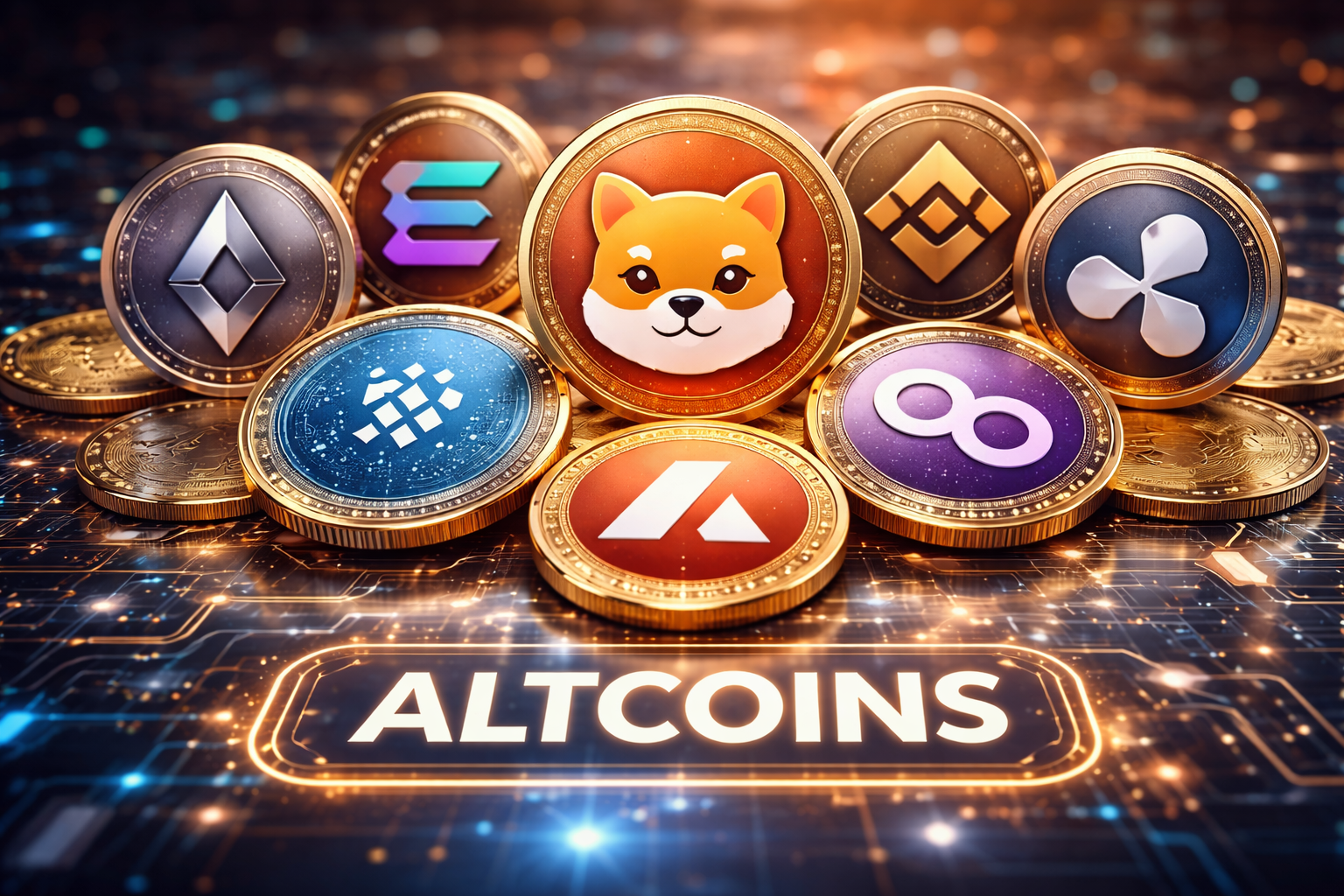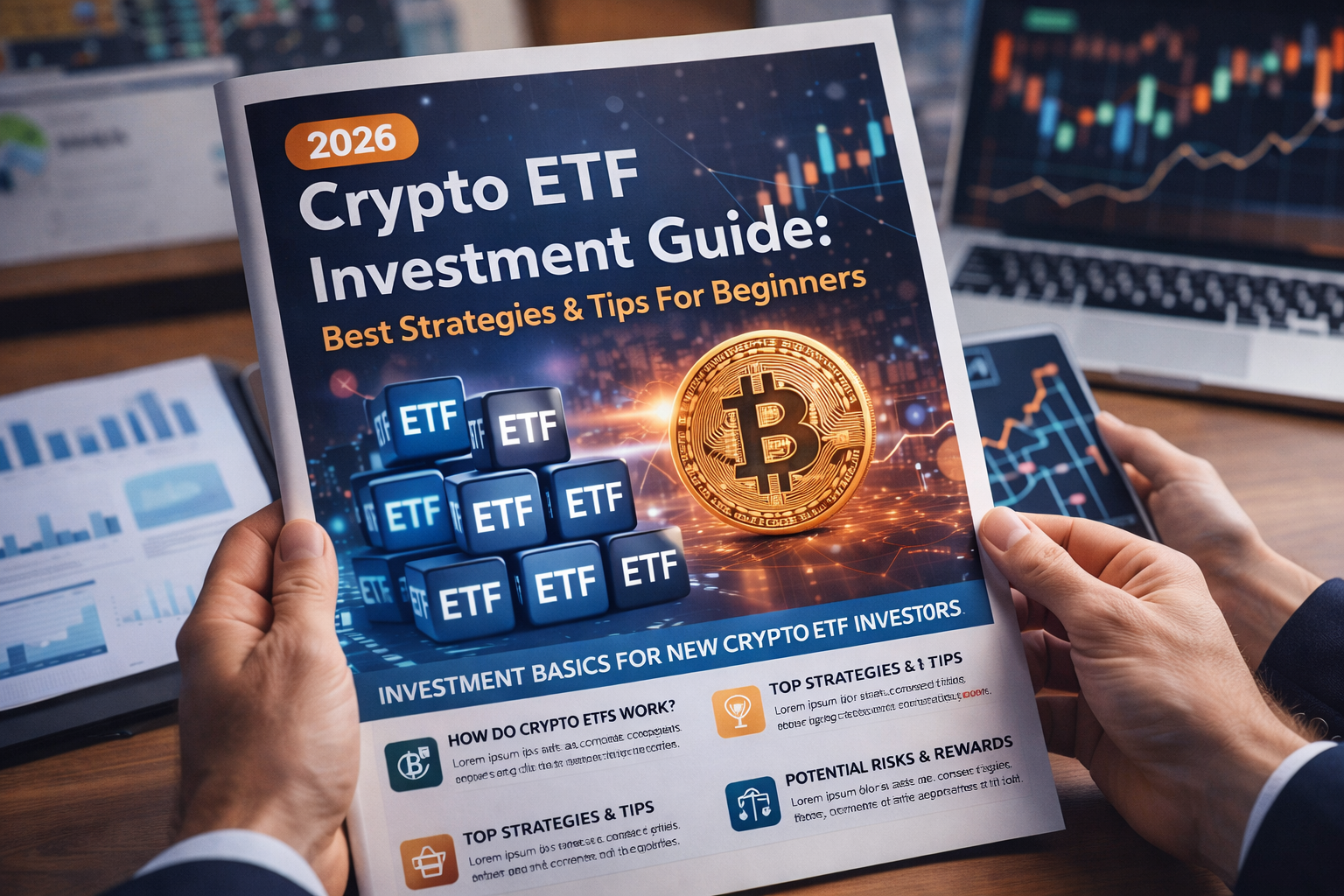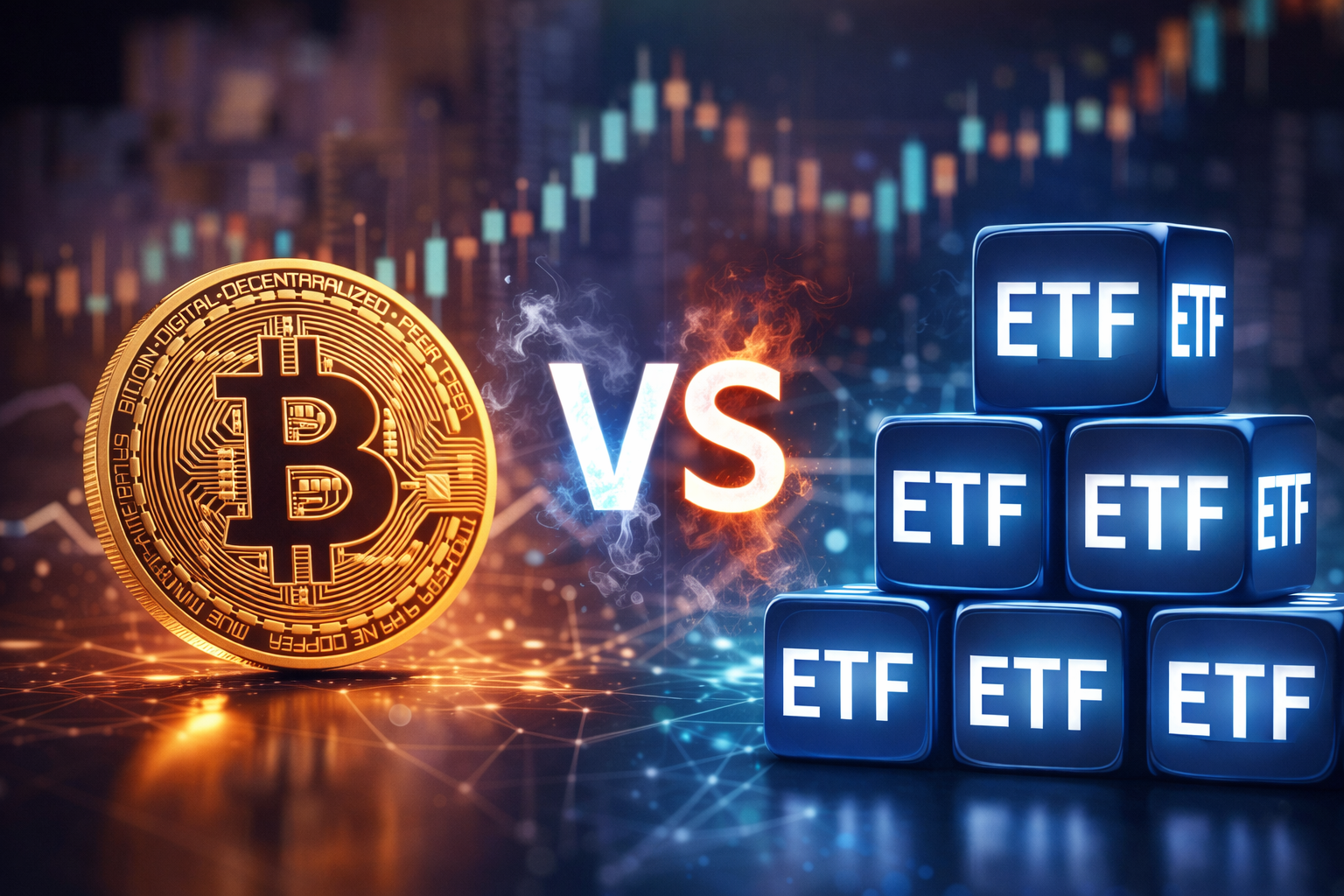
James Carter
How to Find a Good NFT?
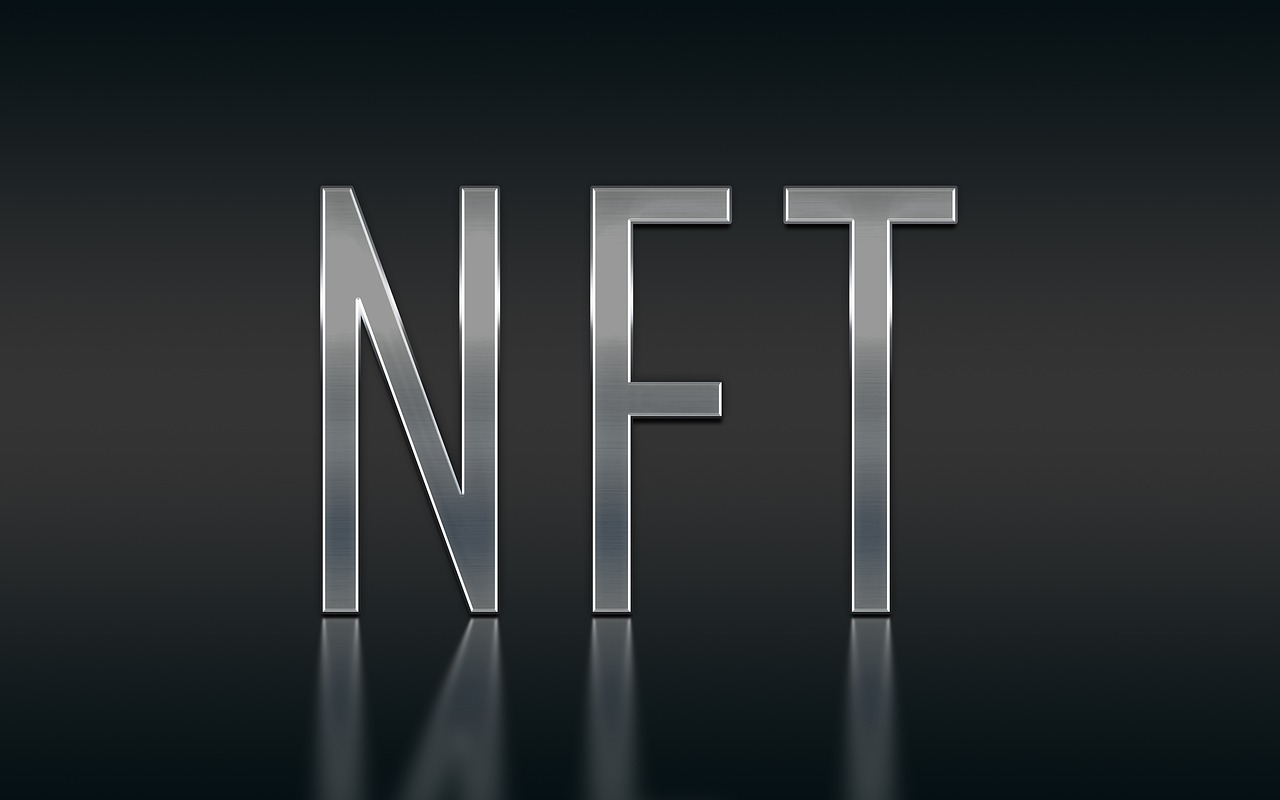
If you’re looking for a comprehensive guide to finding the best NFT, then look no further. In this blog post, we’ll share our best NFT hunting tips. A Complete Guide to NFT From researching different providers to understanding the different types of licenses available, we’ll cover everything you need to know when it comes to choosing the right NFT. (Also Read: What are voyagers unknown nft?)
What is an NFT?
What Are the Different Types of NFTs?
1. Ethereum-based NFTs: These are the most common type of NFTs, and they’re based on the Ethereum blockchain. They allow for transactions between users and can be used to store any sort of information, including digital assets, tokens, contracts, or other data items.
2. ERC20-compliant NFTs: These are built on the Ethereum network but use specific ERC20 tokens as their underlying assets. This means that they can be traded on various exchanges and used in many similar ways to regular Ethereum-based tokens.
3. Bitcoin-based NFTs: Bitcoin-based NFTs are similar to regular Ethereum-based NFTs in terms of functionality, but they use the Bitcoin blockchain instead of the Ethereum blockchain. This means that they can only be transferred between users and don’t have as many trading options available.
How to Find a Good NFT?
1. Security: When looking for a secure digital asset, it is important to ensure the platform and protocol used to provide comprehensive security features. This includes encryption and authentication protocols as well as security audits.
For example, Ethereum uses a proof-of-work consensus mechanism that includes cryptographic hashing and Byzantine fault tolerance algorithms. Bitcoin uses blockchain technology, which employs cryptography and allows for peer-to-peer transactions without the need for a central authority.
2. Durability: Digital assets are often designed to have a long lifespan, which means they should be durable and resistant to errors or hacking attacks. Coins that use PoW or PoS algorithms should have high levels of security in order to prevent theft or loss of funds due to vulnerabilities in the system.
The Bitcoin blockchain has been operational since 2009, and Ethereum has been operational since 2015; both platforms have withstood numerous attacks and remain operational today.
3. Processing Speed: When looking for a digital asset platform, it is important to consider how quickly the coins can be processed in transactions.
This includes factors such as network capacity, the processing power needed by nodes, speed of transactions across nodes, and confirmation times. Both Ethereum and Bitcoin are capable of processing more than 1,000 transactions per second (TPS).
How to Use an NFT?
1. Understand the basics of NFTs. Before using them, it’s important to understand the basic concepts behind NFTs. This includes understanding how they’re structured and what properties they have. To learn more about this, check out our guide on how to use NFTs.
2. Choose a compatible wallet for your needs. Next, you’ll need to choose a wallet that’s compatible with your needs. This includes choosing a wallet that can handle the size and complexity of your NFTP file. To find a suitable wallet, consult our list of recommended wallets for NFTs.
3. Store your NFTP file securely. Once you’ve created and stored your NFT file, make sure to protect it from unauthorized access by using a secure password or encryption method. You can also store your NFT file on a server that is physically secure and inaccessible to unauthorized users.
Where can I find an NFT provider?
What Are the Benefits of Using an NFT?
1. NFTS can be used for payments and transactions.
2. They can be stored in a secure wallet or exchange platform.
3. They can be traded on exchanges or used as tools for trading goods and services.
4. They can provide value to investors and entrepreneurs who hold them.
Final Thoughts
If you are in the market for new finance and accounting software, you may be wondering what to look for.
First, it is important to understand the differences between NFT and traditional accounting systems. NFT systems enable businesses to track and report financial transactions in real-time, making them more efficient and accurate. They also allow for greater transparency in business operations.
Second, make sure to evaluate the software’s features. A good NFT system should offer a variety of tools that will help you track your finances and performance. It should also include features that make it easier to communicate with your accountant or financial advisor.
Last, be sure to check out the company’s reputation. Make sure that the NFTA-compliant software provider has a good track record of providing quality products and services. You can find out more about a company’s reputation by looking at customer reviews online or speaking with friends who have used their services before. (Also Read: What is a NFT drop?)
Latest
NFT
03 Feb 2026
NFT
20 Jun 2024
NFT
19 Apr 2024






